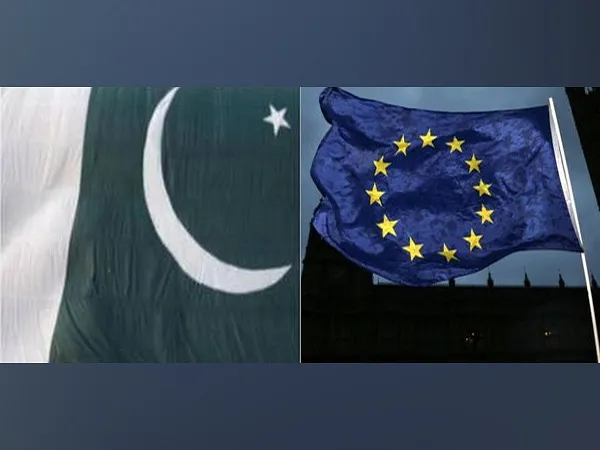Chinese debt-trap diplomacy could eventually exploit the textile industry in Pakistan to reap by proxy the benefit of the European Union’s GSP+ which benefits Islamabad from zero duty on several products.
This action by China would mean fudging the rules of origin under the GSP + status of Pakistan. As per reports by Geo Politica, EU businessmen recently expressed concerns over the increasing dependence of Pakistan on Chinese loans. The apprehensions by the EU were made during the ongoing visit of the EU monitoring mission to Pakistan in connection with the review of the GSP+.
Notably, the GSP is a trade and development policy instrument in place since 1971 which is set to expire on December 31, 2023. Pakistan, a major recipient of the GSP+ scheme, benefits from zero duty on several products. The 27-member-bloc sees the coming months as crucial for extending the GSP+ status for 2024.
On June 22, a mission of the EU’s Generalised Scheme of Preferences Plus (GSP+) arrived in Islamabad to assess the effective implementation of 27 international conventions it has set for Pakistan for the privileged GSP+ status.
Pakistan’s textile sector enjoys a competitive advantage in comparison to other exporters. This is because Pakistan is one of the world’s leading cotton producers, ranking among the top five in terms of yield, with cotton textile products accounting for 40 per cent of its exports.
However, it was noted that Chinese indulgences in Pakistan’s textiles sector may result in Beijing taking an advantage of this lucrative sector in Islamabad.
All of this reflects in Beijing’s request to Islamabad where the former asked the latter to transfer thousands of hectares of land to set up textile units. It is noteworthy that this cryptic move by China has come under the EU’s radar due to potential losses that may arise for its businesses.
They are assessing the effective implementation of the 27 international conventions on human and labour rights, environmental protection, climate change, and good governance to which Pakistan is a signatory, said the media portal.
The EU business community noted that Islamabad has become ever-more dependent on China to meet its economic needs. China seems to be taking advantage of the ongoing economic crisis in Pakistan.
China is also seeking guarantees from Pakistan that any factory including textiles or any other industrial unit in Pakistan set up and financed by China should be operated as per Chinese rules,
Moreover, any discussion on trade-union rights or human rights issues would not be entertained. China has further demanded that Pakistan should allow Chinese workers to work in its own textile factories. Islamabad’s growing import of textiles and apparels from China is a concern among EU businessmen.

